Mental Health in the Age of Stress
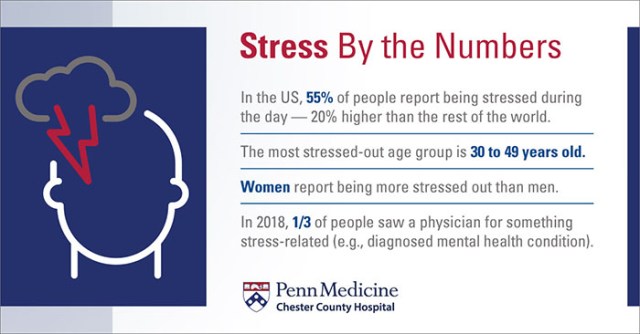
The Age of Stress
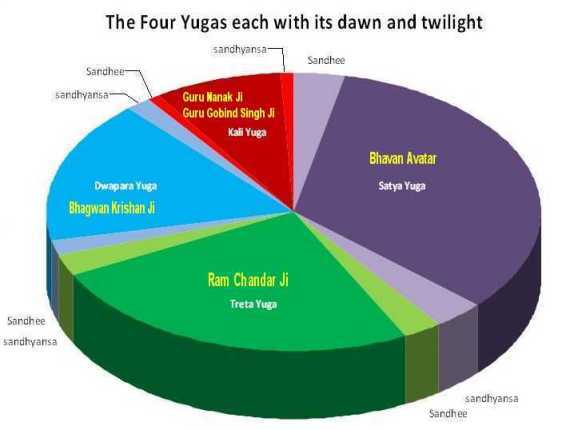
We live in an age of “Stress” and the Indian traditions refer to the present times as the age of “Kali Yuga” and describes the human behavioral disorders as the effects of pollution both mental and physical.
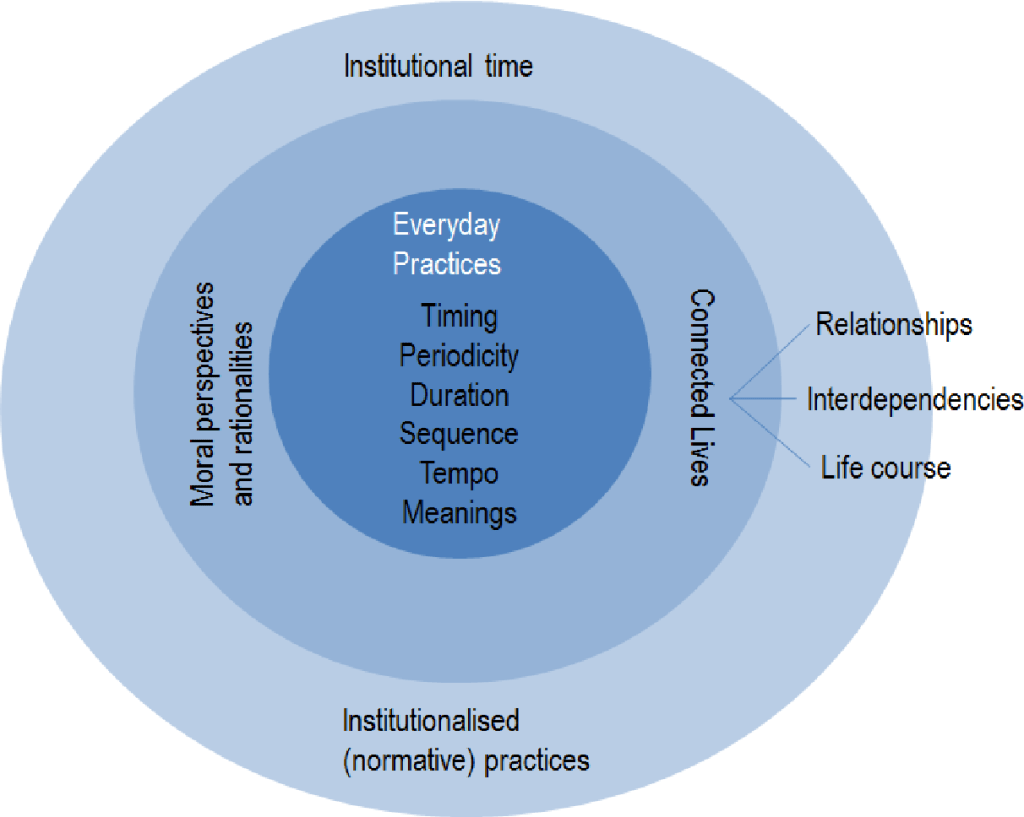
The accelerated tempo of life brings forth stimuli of high velocity of action, magnitude, and impact that they stimulate a chain of psycho-physical reactions strong enough to cause manifest effects in the human body. A person experiences ‘strain’ when his life’s demands exceed his ability to meet those demands. Prolonged high intensity intellectual and emotional strain which involves fixation of motives to do hard work, achieve high standards, carryout a task against opposition, and aspiration for high professional, prestigious, economic and social career and status would produce ‘stress’. Stress is produced not so much by the efforts which have been rewarded by success but more often by the ones not ending in satisfactory achievement. The impact of modern living has a significant bearing on the genesis of stress-associated declines in health. Prolonged stress may result in increased levels of stress hormones such as cortisol, a decline in certain aspects of immune system which contributes to a decline in the immune system surveillance against viral infected and cancer cells, increases the rigidity of the vascular system which produces hypertension (high blood pressure), thickening of the coronary arteries that impacts cardiac health, aggravate breathing difficulties, disrupts gastrointestinal microbial balance, and a host of other problems. Depending upon the physical, psychological, and social environments under which the person has been brought up and is presently living; and depending upon the genetic and constitutional factors, stress affects a particular target organ or system. The problems associated with the use of alcohol, tobacco, and a variety of mind altering drugs and substances could be considered as an extension of a response to stressful stimuli and substance abuse further aggravates the ‘stress syndrome’.
The Biological Concept of Stress

The word ‘stress’ or ‘strain’ should be understood as a Stimulus-Response-Complex produced in an individual by hostile physical, psychological, or biological invasion. It also leads to the development of resistance to the stressful stimuli. Depending upon the nature of the hostile or invasive factor, the resistance produced may be physical, psychological,biological, or a combination of all. Thus ‘stress’ includes the chain of reactions which constitute the process of development of final resistance to extrinsic strains. Resistance produced may be general or specific. The reactions of stress may produce the ‘General Adaptation’ and ‘Specific Adaptation’ syndromes. Stress precedes and promotes all the resistance phenomena. Final resistance produced by any biological, physical, and psychological stress producing stimulus detremines the survival, or defeat/death of the man under the strain. Stress could be viewed as beneficial when it is produced in tolerable quantum and is spread over a tolerable period of time.
The types of Stressors

The biological stress is caused by pathogenic organisms such as bacteria, viruses, parasites, animal bites and stings.
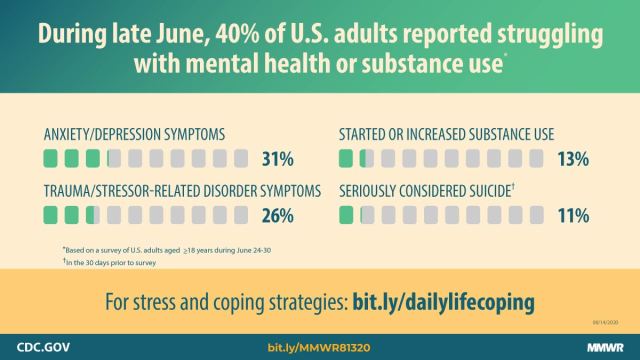
Physical stress is caused by physical factors like heat, cold, burn, injury, radiation or privations.

In modern times the most important stress producing cause is that of sleep deprivation. Our biological existence is synchronized with the cosmic event that causes alternating periods of light and darkness. A biological clock manages a variety of biological activities such as the production of stress hormones. Body needs periods of relaxation and should stay tuned with the 24 hour biological rhythm which is popularly known as the ‘circadian rhythm’. We very often disrupt the functioning of this biological rhythm to accomplish one task or the other. Many of us just stay awake for the sake of enjoyment of life. If not at work, or preparing for an examination, we stay awake in front of TV, listening to music, watching sports, playing games, drinking alcohol, partying with friends, and in a myriad of other ways which would provide a sense of euphoria. While we are enjoying our time, the body still experiences stress and reacts to the stress of being in a wakeful stage when it should be resting without receiving any mentally exciting stimuli. Our desire to get away from the stress at work place or daily life, may actually enhance the effects of stress upon our body.

The psychological stress is produced by an adverse situation, proximity of an aggressive or overwhelming personality, or an intellectual, emotional (such as anger or worry), or social challenge. We could therapeutically combat the stress due to biological agents and physical conditions. But the psychological stress is not amenable to an easy therapeutic approach. Stress as a disease producing factor very often refers to the psychological stress.
The Genesis of Stress

The part of the brain known as hypothalamus, and the organs of the endocrine system, particularly the pituitary and adrenal glands play an important part in the body’s adaptation to stress. The hormones such as epinephrine (Adrenalin) and cortisol produced by the adrenal glands help to protect the body and raise its resistance against stress irrespective of the nature of the stimulus.

After sudden exposure to stress stimulus, in times of anger, fright, fight, and flight, the initial ‘Alarm Reaction’ produces epinephrine that increases the heart rate and blood pressure. When the stress continues, the adrenals are again stimulated via the hypothalamus-pituitary axis and release hormones such as cortisol which is important for providing glucose, a source of energy for the body. If the stress further continues, body tends to develop resistance against prolonged stimuli. If the stress stimuli are very aggressive and are sustained over a very long period, the ‘General Adaptation’ mechanism of the body could fail, a ‘Stage of Exhaustion’ may follow and the individual could be overwhelmed. Pre-existent resistance against stress reduces the requirement of immediate response of an “Alarm Reaction.” Stress is reduced by pre-existing resistance. The defeat, imperfect production of resistance, or premature arrest of the process of its production gives rise to disease. Heredity, environment, physical and mental health, and social support detremine our ability to resist stress situations. The development of a well integrated personality to face life squarely determines the extent and quality of the resistance. By proper education and training, the threshold for physical and emotional stress could be increased.
Resistance to Stress
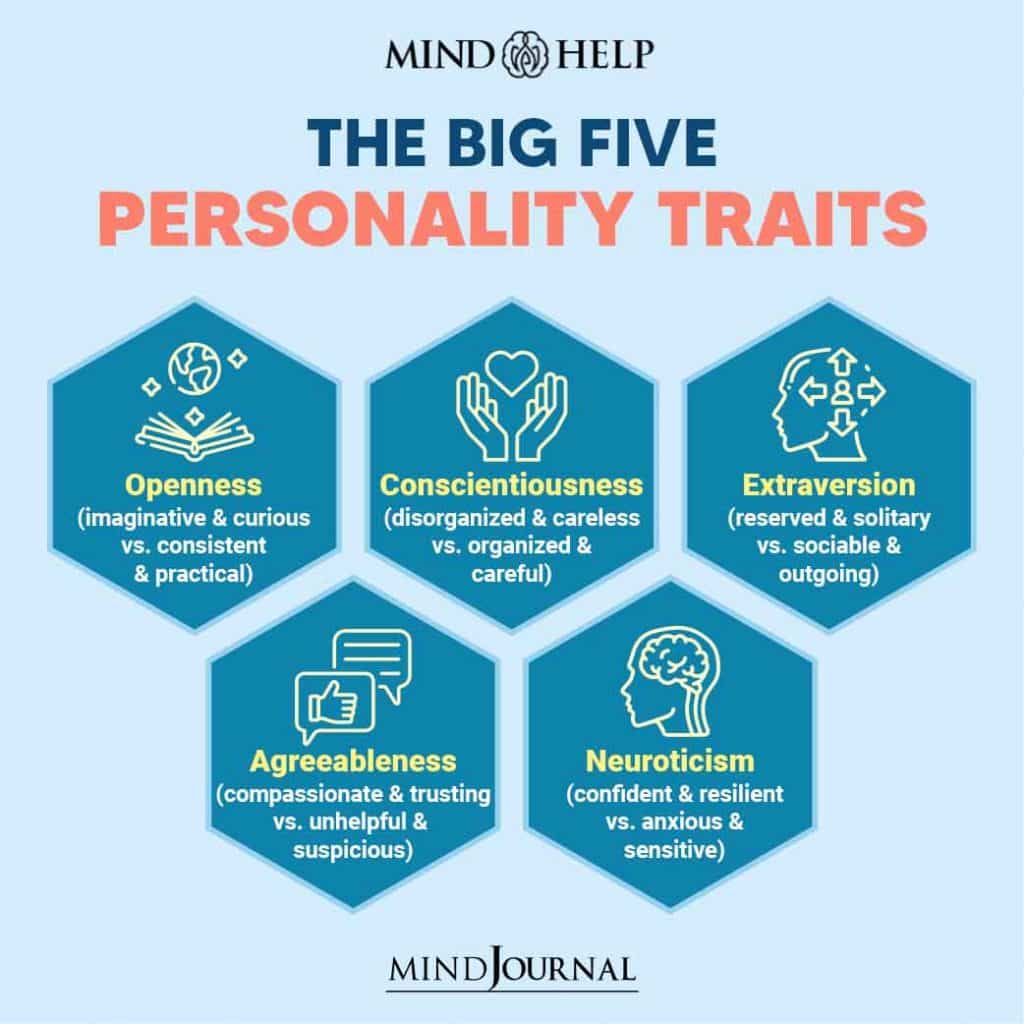
A psychological stress stimulus may not cause a similar reaction in all individuals. All individuals have different capacities to perform and adapt when faced with stress. People will react differently depending upon the preformed resistance they have. Five different types of reactions are possible. 1. The stress stimulus acts like an inspiration and becomes a source of healthy pursuit. 2. The stimulus is accepted as a reasonable strain and the individual takes it up as a healthy challenge. 3. The situation appears to be overwhelming and the stimulus becomes either a source of depression, and breakdown or a source of ‘stress syndrome’. 4. It may cause anxiety and becomes a source of an anxiety state or neurosis. 5. The stimulus does not elicit any reaction at all as the individual is apathetic.
Depending upon their response or reaction to stress, we can distinguish five different categories of people.
GROUP I: Persons highly resistant to stress. They have superior preformed resistance and often display an ability to develop resistance within a short time of exposure to stress. They master the stressful event and overcome the stress triumphantly. They do not suffer from any negative consequences while they carry out the task even while under great stress. They have dominant will power and have a great power of endurance.
GROUP II: These persons have enough preformed resistance to overcome the stress partially. They do not show overt ‘stress syndrome’ but suffer to a lesser extent in their attempts to master the stressful situation and achieve success. The task does not suffer. Such persons are likely to suffer from precipitation of internal conditions such as hypertension, coronary artery disease if they have other predisposing risk factors.
GROUP III: These persons have very low preformed resistance. If a stressful situation continues such persons may develop resistance which carries them through for some time but sooner or later they succumb to the situation and show evident ‘stress syndrome’. The task may not always suffer but the individual suffers from physical manifestations of stress.
GROUP IV: These persons have no preformed resistance and their ability to create immediate resistance is low. These persons abandon the task and tend to get away from the stressful situation. The task suffers and the individual could be punished for failing to perform his task.
GROUP V: These persons are Non-Resistant to stress. They have no preformed resistance. They are not capable of favorably reacting to a stress producing situation at all. They succumb and become psychiatric casualties and cease to exist as an organized entity. Sometimes, they may not be able to maintain their biological existence.
Armed Forces consistently strive to select and recruit only Resistant personalities and weed out the vulnerable ones by careful monitoring of the health of the troops.Over fifteen years of military service, I had conducted several thousands of medical examinations to assess the physical and mental fitness of people and was actively involved in preserving their health and promoting the quality of their health.I recruited several thousands of young people for service in the Indian Army and also recommended the removal of people whom I had detected to be falling short of our expected standards of fitness. With proper nutrition, physical training, personal hygiene, clean habits, and immunization, without any doubt we could make people ‘resistant’ to a variety of biological, and physical stress stimuli. The stress imposed by psychological stimuli is also important and the resistance to such ‘stress’ could also be improved. Understanding the phenomenon of stress is important for our existence in the modern times. By improving ‘Stress Resistance’, we keep the men ready for a batlle at all times, maintain the level of Stress Resistance during the most stressful moments of the battle, and protect their well being after the stress of the battle is over. The psychological preparation for batlle includes an effort to increase the stress resistance level by proper motivational techniques used routinely in the medical fitness examinations of men. To sustain productivity in education, and at work, we need to lay emphasis on the concept of stress resistance.
Dr. R. Rudra Narasimham, B.Sc., M.B.B.S.,
Kurnool Medical College, Kurnool, A.P., India.,
M.B.B.S., Class of April, 1970.
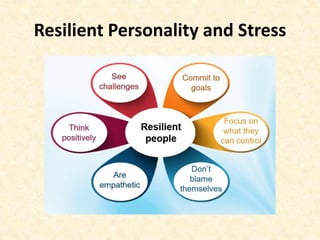

COmment sent by Prof. R. Subbarao (and posted by Rudra):
Those who are born with luck, are not exposed to stressful conditions and they get success easily and others strive so much and success eludes them all the way. In any case, our present attitude and karma will build our future destiny/luck.
Some of the human beings are differently wired. They overcome stress through spiritual strength.A good karma yogi will follow the Lord’s dictum of “Karmanye Vadhikaraste….”. A good bhaktha of the Lord, readily surrenders to the Will of the Lord and takes all the rewards to the efforts he has put, as the Lord’s gift and keeps quiet/accepts(resigns to his fate). A gyani looks at the world as not so real and tries to see through the world by removing the viels. For him, the Supreme is the Truth and all else( both favorable and unfavorable) he will take with a pinch of salt.
LikeLike